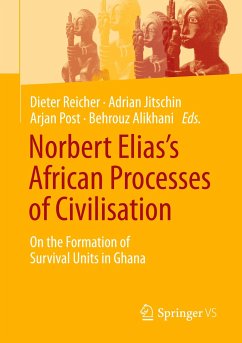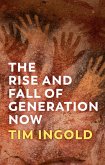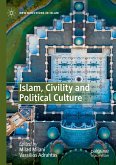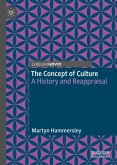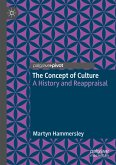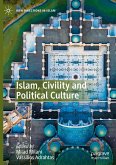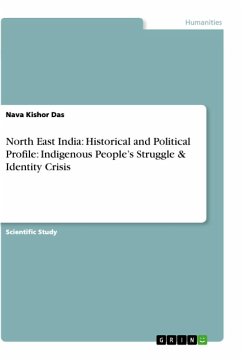In 1962 Norbert Elias was invited as a temporary professor at the University of Ghana in Legon, Accra. He taught, employed fieldwork, travelled, and met many people in postcolonial Africa. When Elias left Ghana in 1964, he had laid the basic groundwork for a fundamental sociological argument on human societies.
The volume on hand is a selection of his unpublished writings based on these experiences. Together they touch upon not only the well-known criticism of Eurocentrism and a developmental perspective but also what could be considered the core of Elias's work: the concept of civilisation. In a foreword, Dieter Reicher and Adrian Jitschin have endeavoured to explain and break down the relations of Elias's African experience to the rest of his work and biography. They also clarified some misleading interpretations of Elias's time in Africa. Finally, Arjan Post has uncovered the previously unknown fascinating story of Elias' encounter with Malcolm X in an epilogue.
Hinweis: Dieser Artikel kann nur an eine deutsche Lieferadresse ausgeliefert werden.
The volume on hand is a selection of his unpublished writings based on these experiences. Together they touch upon not only the well-known criticism of Eurocentrism and a developmental perspective but also what could be considered the core of Elias's work: the concept of civilisation. In a foreword, Dieter Reicher and Adrian Jitschin have endeavoured to explain and break down the relations of Elias's African experience to the rest of his work and biography. They also clarified some misleading interpretations of Elias's time in Africa. Finally, Arjan Post has uncovered the previously unknown fascinating story of Elias' encounter with Malcolm X in an epilogue.
Hinweis: Dieser Artikel kann nur an eine deutsche Lieferadresse ausgeliefert werden.
"The 247-page book deals with Norbert Elias' view of some sociogenetic and psychogenetic processes in Ghanaian society, including its civilizational processes. ... the public will at last be able to read at first hand, and in the light of informed empirical and theoretical oriented discussions, the core of the positions Elias held with regard to low differentiated non-Western societies. Aware readers will thus be able to see for themselves that his positions ... ." (David Sierra G, Figurations, Newsletter of the Norbert Elias Foundation, Issue 59, June, 2023)

